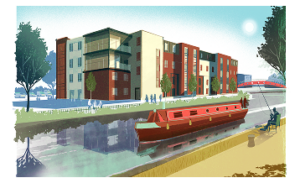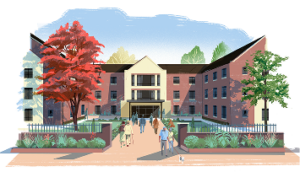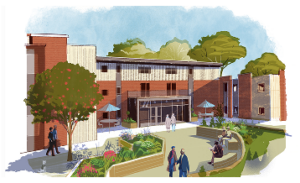If you or a family member has any support needs or care, we can help.
What type of funding do you accept?
We accept residents who will be funding their own care and also residents eligible for a local authority contribution which would need to be topped up by a third party to meet our weekly fee. Where the top-up is payable, the local authority should pay us for the full cost of care, and collect the top-up from you directly.
Trial period: Your first 28 days is considered a trial period, during which either you or we can end the contract. We will only end the contract during the trial period if we are unable to meet your needs. After 28 days we would require 28 days written notice if you wish to terminate the contract. People moving in on a permanent contract are requested to complete a direct debit mandate to be set in place along with a four-week deposit which will be held by us for the duration of the residence. Your deposit will be safeguarded and will normally be refunded within 28 days of the end of your residency, subject to our right to deduct from it non-payment of fees or damage to property.






